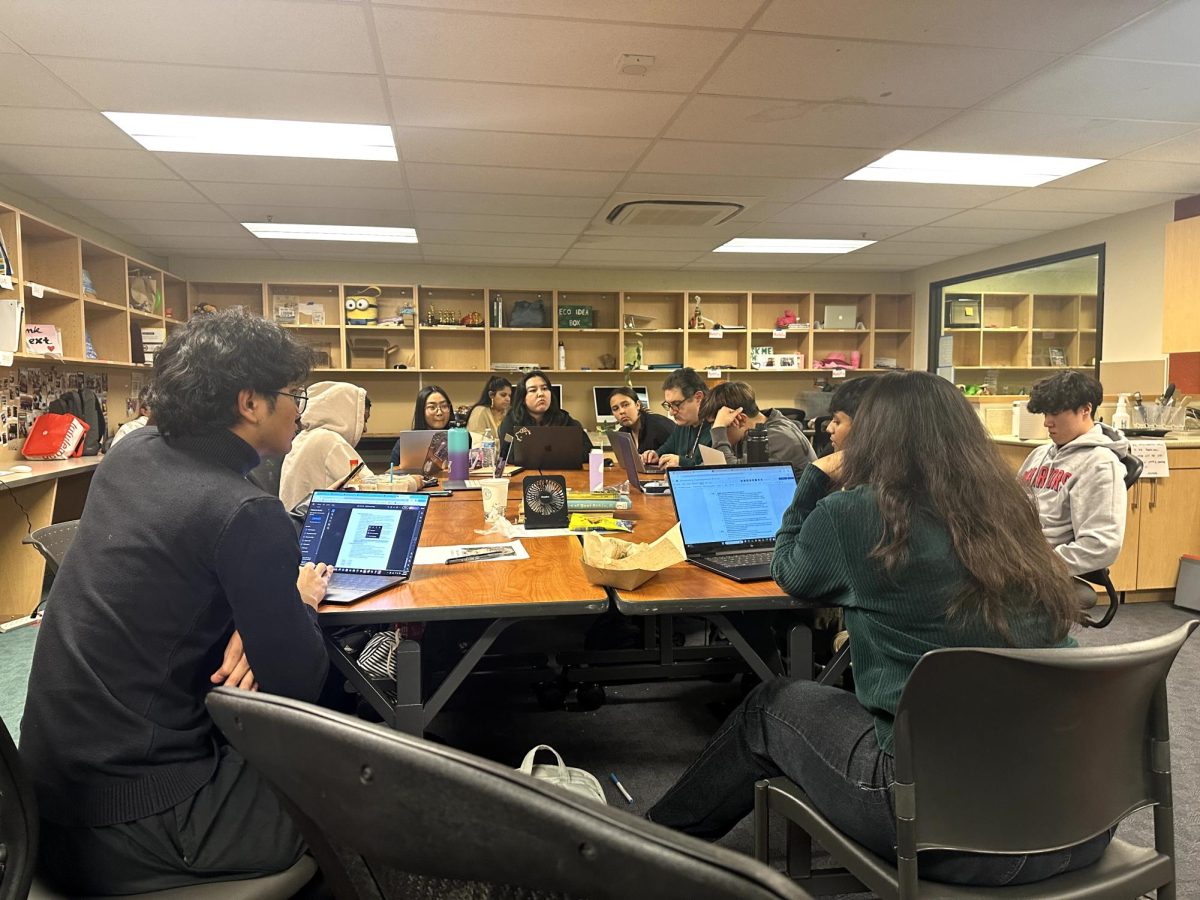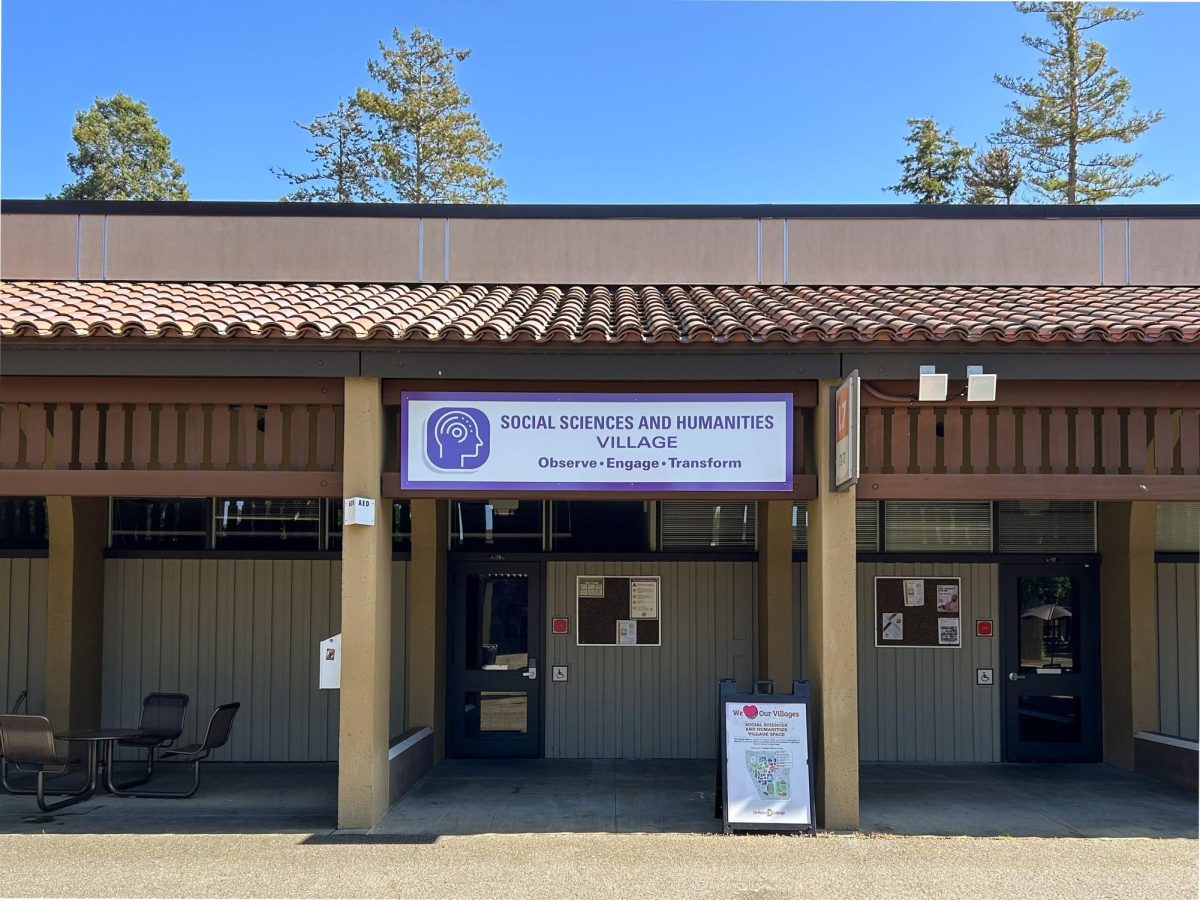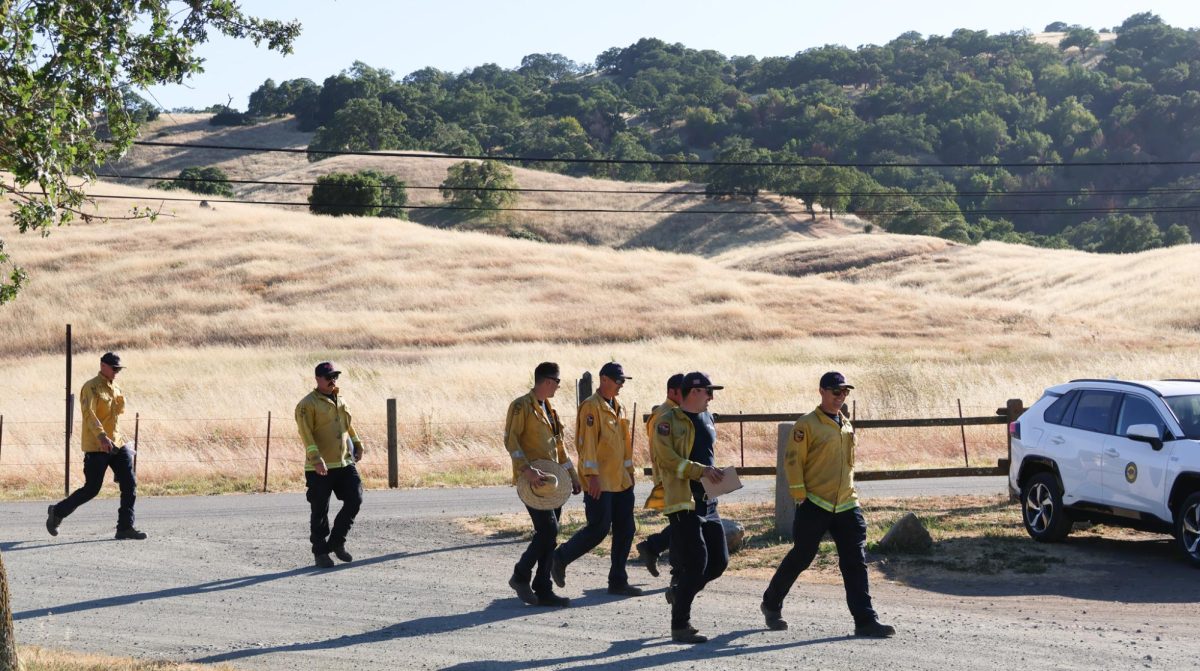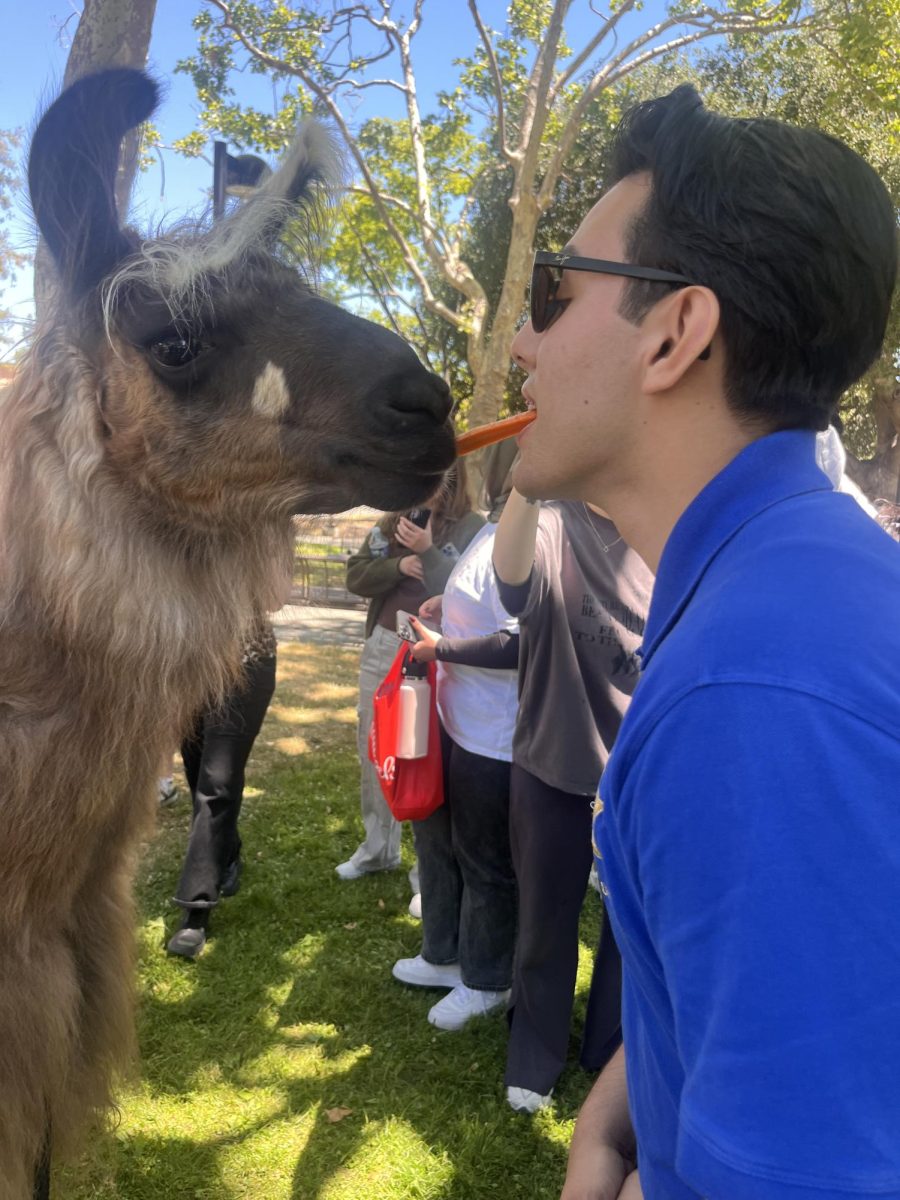The De Anza Student Government administration committee gathered to debate major changes to leadership roles and election procedures on Wednesday, Jan. 22, in the Hinson Campus Center. This included a proposal to eliminate the vice president title and the possibility of dual campaigns for president and vice president.
The main topic discussed during the meeting was proposed by the vice president of the DASG senate, Aura Oztark, 19, computer science major. Her proposal included the idea of eliminating the vice president title altogether and replacing it with the title of chair of administration.
“This change is needed because there seems to be a pattern of vice presidents neglecting their administrative duties,” said Oztark. DASG members discussed how this change would be most beneficial to those running for said role because it would better describe what their position would entail.
This change was argued back and forth between members of the student body, but with input given by Dennis Shannakian, operations specialist and student activities coordinator, committee members agreed that the change should be made.
“Removing the title of vice president would be just that, eliminating the title but not the responsibilities, (and) also eliminating any members who run for the sole purpose of the title,” Shannakian said.
Shannakian also said it would come with the same pay and clear any confusion about what the role is meant to include.
Many members also felt it would be helpful that the role previously known as vice president would now be more closely involved with the administration committee. The president would still manage finances, while the vice president would shift their focus to administration.
The committee also addressed dual campaigns with presidents and vice presidents running together as a team. Some interns voiced their support, and the idea was supported by a small few who believed this would simplify the voting process and allow for less confusion with fewer options to choose from.
The idea was ultimately rejected, with some arguing a dual campaign was unfair or unnecessary, while others expressed concerns it could discourage candidates who couldn’t find a running mate.
“What if we really like one candidate but not their running mate?” Oztark asked.
The hope is that having candidates run separately would encourage those running for the role of vice president to take control of their own campaign and attempt to stand out in their own way.
“As opposed to relying on the presidential campaign,” Shannakian said.
They were able to come to a consensus with closing remarks from Katia Bravo, 19, data science major and chair of student rights and equity.
“There are no objections, we’re planning to move forward with these changes next week,” Bravo said.









